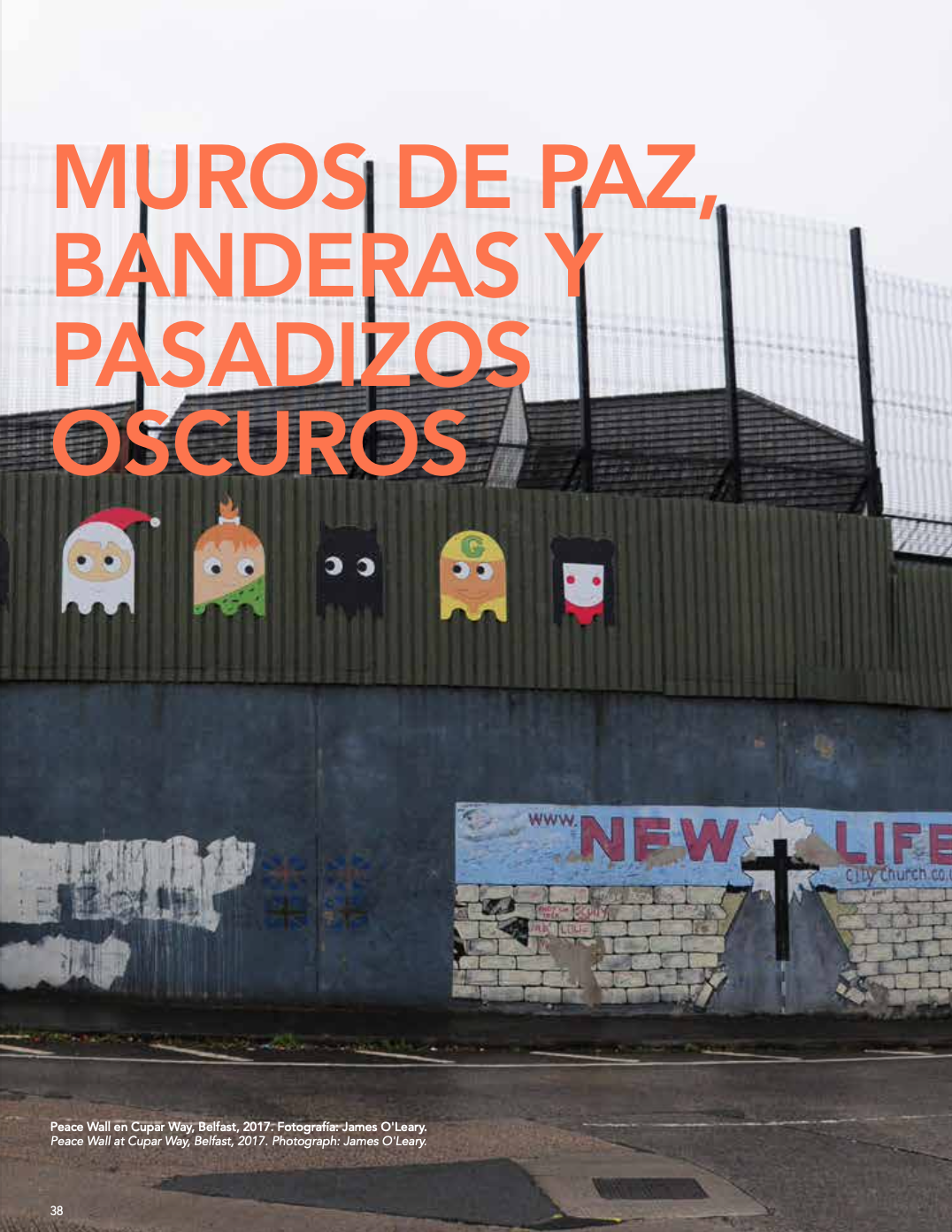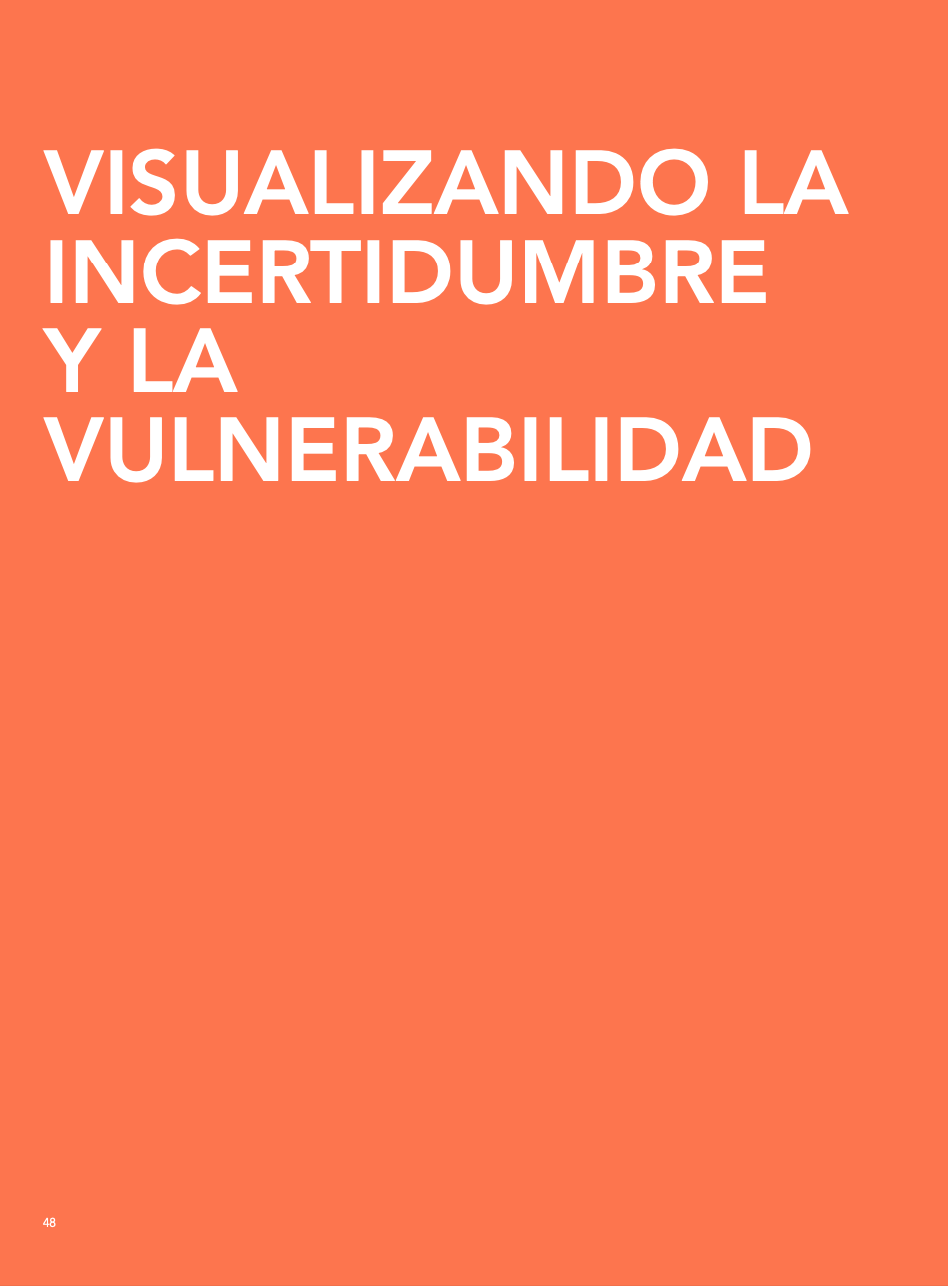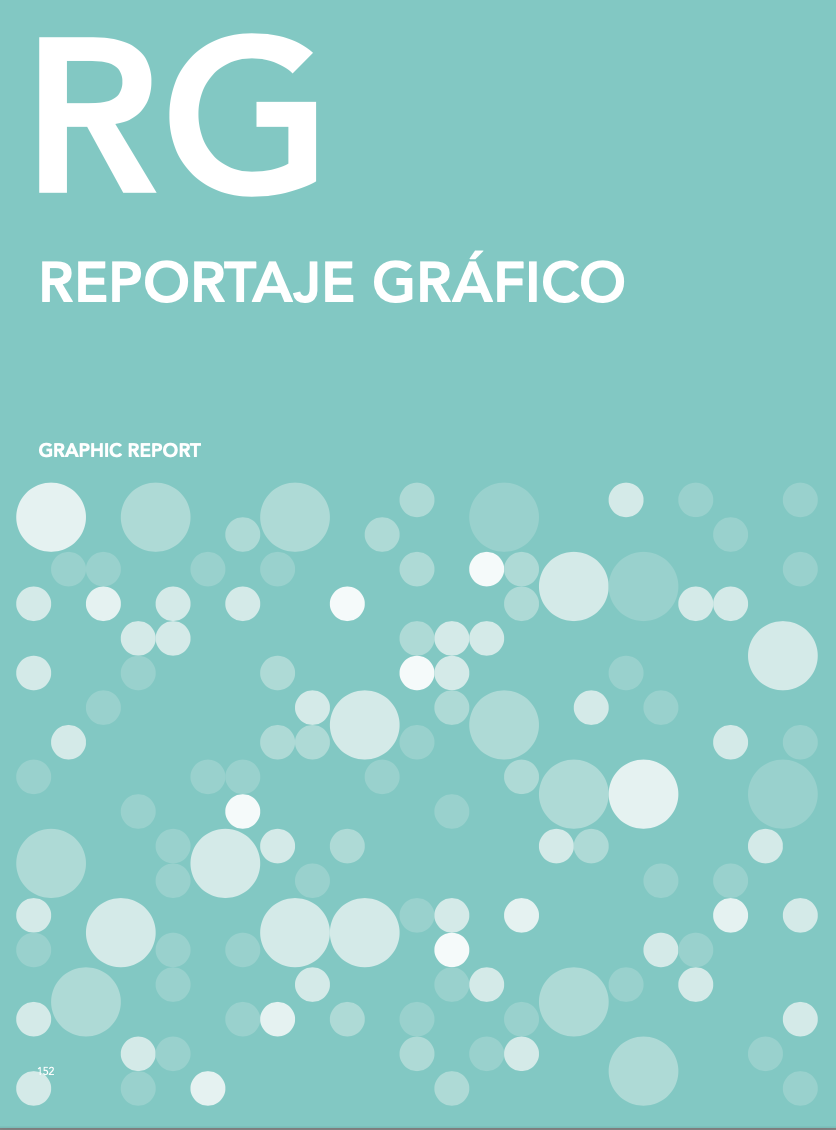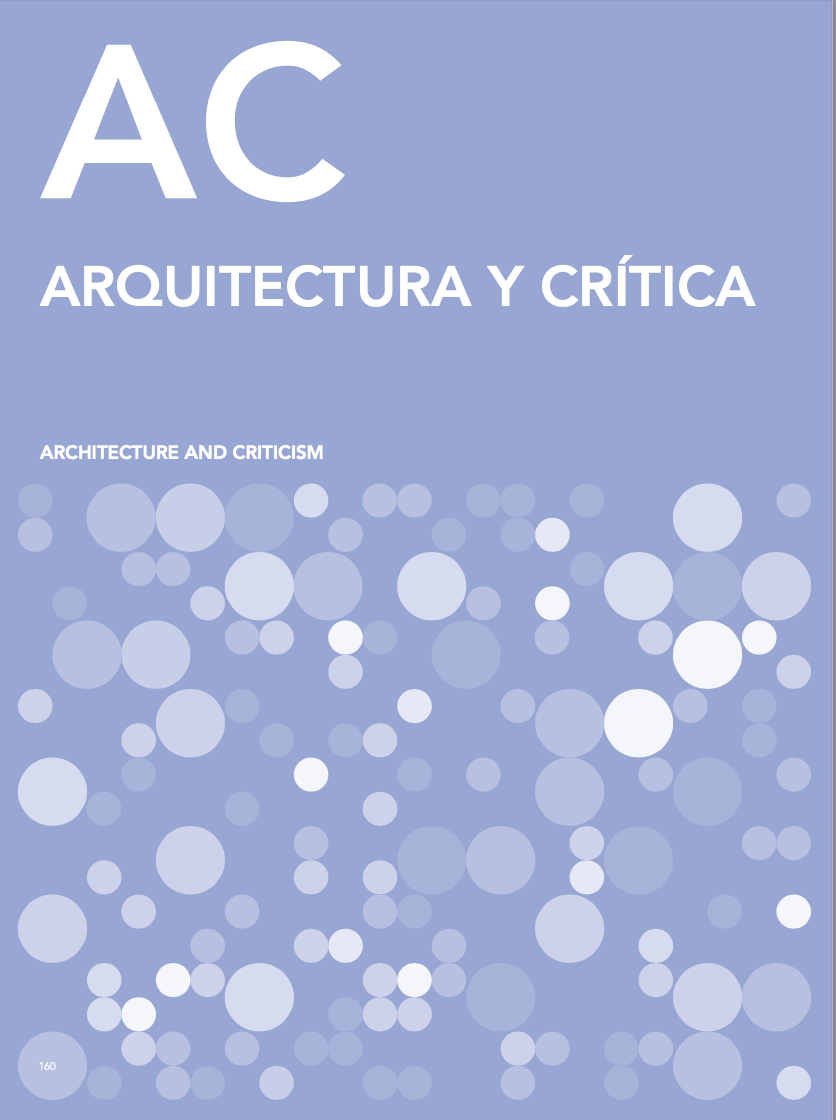
This issue of Materia Arquitectura looks at the technologies of visual representation. Guest editor Stephannie Fell explores the agency of images in the construction of realities, the imposition of boundaries and the narratives that could alter our relationship with the built environment. Mario Carpo, interviewed in this issue, analyses the impact of image reproduction technology from the 16th century onwards, as well as its influence on the paradigm of modernity. Meanwhile, the articles in the dossier address architecture's relationship with images that were never intended to be transformed into buildings. Maria McLintock explores the network of fortification infrastructures that divide Belfast and Londonderry, focusing on typologies of tourism and mural landscapes, as well as emerging identity politics and the struggle to control and shape these narratives. Peg Rawes reviews the way in which scientific visualisations of data attempt to represent, record and predict with certainty our social, political and economic experiences and futures, contrasting them with the increasing state of vulnerability and uncertainty in which we live. Ecem Ergin, in turn, explores digital representations as a means of political activism and suggests that architecture has the potential to legitimise messages when deployed in public spaces and iconic monuments, offering a new terrain for geopolitics. Lucía Galaretto points to the web of aesthetic, hygienic and political claims that circulated in the press during the wall-whitening campaign that followed the 1973 coup d'état in Chile, asserting that these walls were transformed into normative surfaces. Meanwhile, Lynn Spigel examines the use of TV sets as a stage for posing and presenting individual and familial identities in the US in the 1950s, 1960s and 1970s, providing new evidence of how people staged life in their homes. Finally, Pedro Correa analyses the role of modern architecture in the construction of a racial imaginary during the Frente Popular government in Chile.
Guest Editor Stephannie Fell Contreras
DOI: https://doi.org/10.56255/ma.v0i20
Published: 2020-12-30












